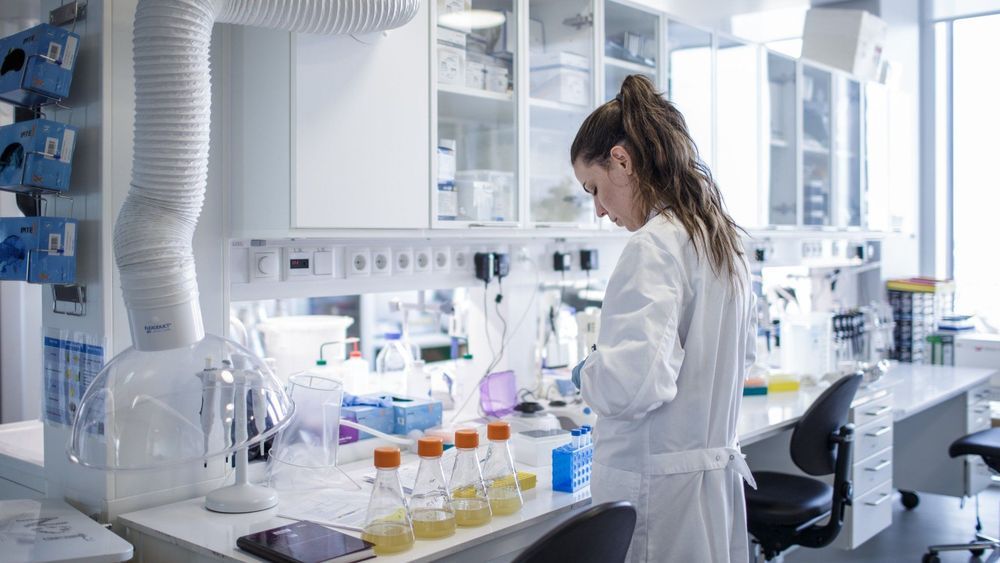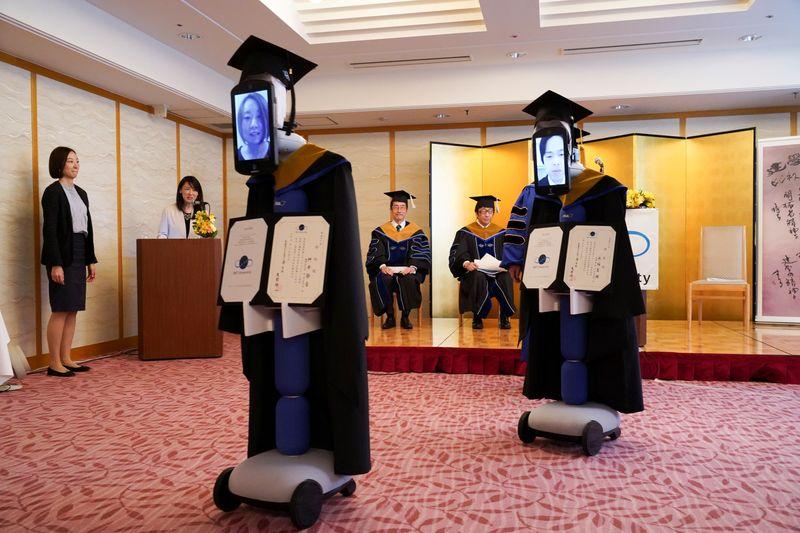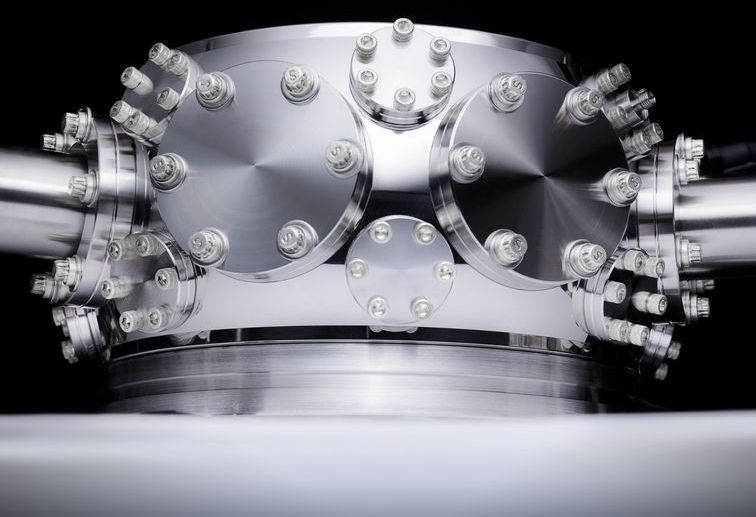Sarkis Tatigian joined the Navy in 1942. He’s been there ever since, until his death this week at the age of 96.
Tatigian — who first enlisted as a radio inspector at the now-defunct Philadelphia Naval Shipyard — went on to become the small business advocate at Naval Sea Systems Command. He had held that title since 1979, six years after he first became eligible for retirement. But he’d been working on the Navy’s small business programs since 1951, two years before the Small Business Administration even existed.
Even well into his 90s, Tatigian reportedly commuted to work at the Washington Navy Yard via public transit every day. When we last spoke to him in late 2017, he had only taken one vacation day that year.










 The effort, by the U.S. Army’s Advanced Energy Armaments Systems Division and Stellar Photonics, has a lot in common with another military laser project: the
The effort, by the U.S. Army’s Advanced Energy Armaments Systems Division and Stellar Photonics, has a lot in common with another military laser project: the